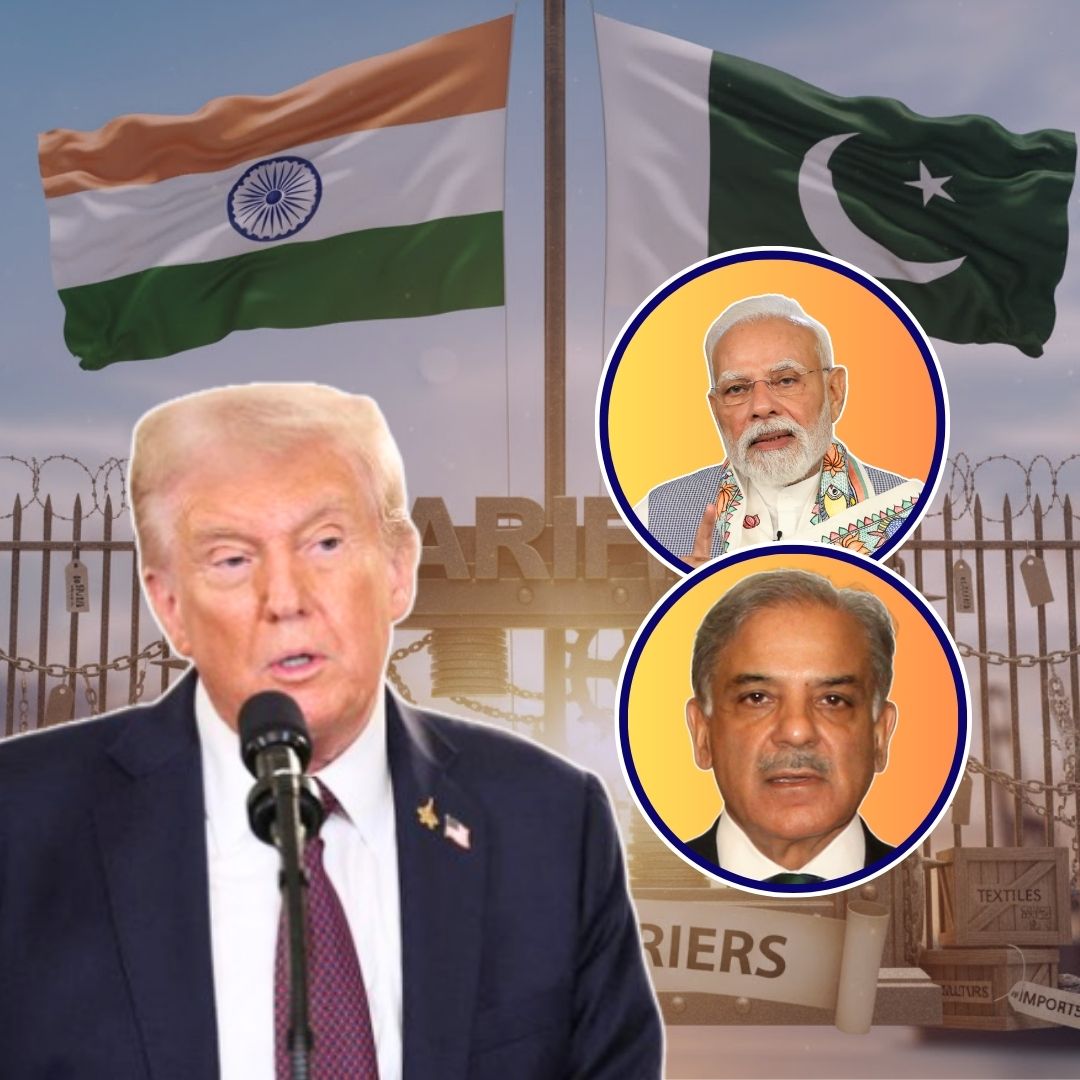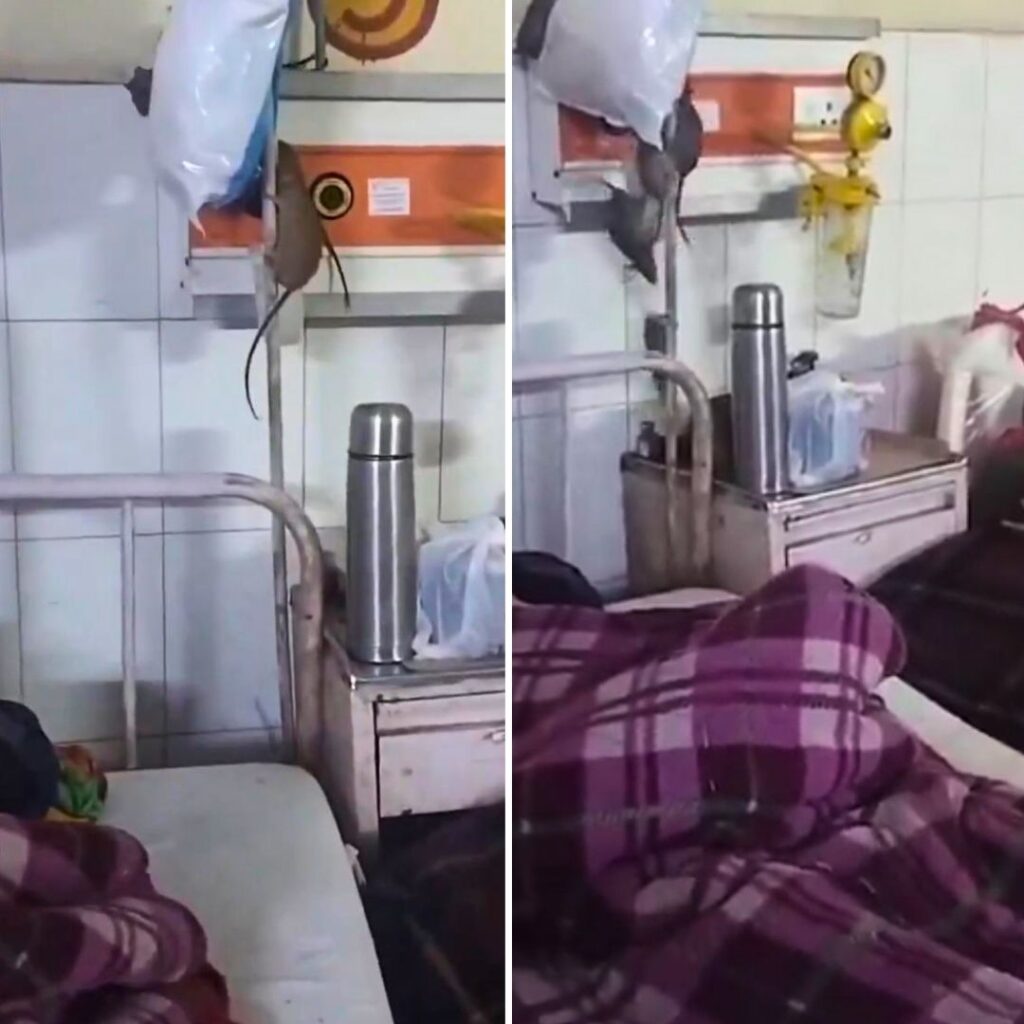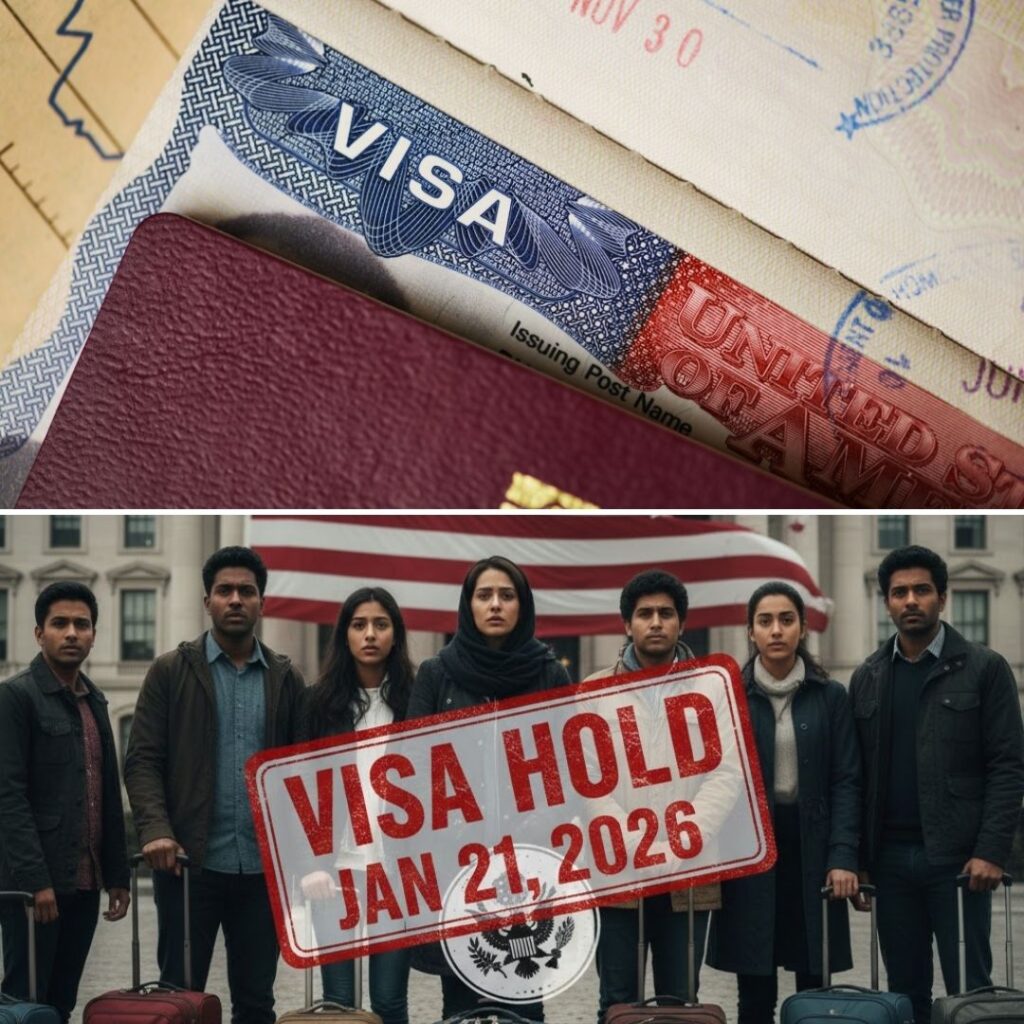US President Donald Trump has once again asserted that he personally prevented a nuclear war between India and Pakistan by threatening both countries with a 350% tariff on trade. Speaking at the US-Saudi Investment Forum in November 2025, Trump described how he warned New Delhi and Islamabad that if they did not de-escalate tensions, the United States would cut off trade by imposing the extraordinary tariff.
He further claimed that Indian Prime Minister Narendra Modi called him to confirm that “we’re done” and not going to war, while Pakistani Prime Minister Shehbaz Sharif expressed gratitude, acknowledging that Trump had “saved millions of lives.”
Trump framed the tariff threat as a decisive economic lever that halted the nuclear confrontation and described it as a unique approach no other US president would have dared to use.
Details and Responses From Stakeholders
According to Trump, the 350% tariff threat was met with resistance by the involved countries, but he insisted that the tariffs would be imposed regardless. He described the measures as part of a broader strategy that settled multiple global conflicts through economic pressure.
Despite Trump’s repeated statements, he has reportedly repeated this claim over 60 times since May 2025, Indian officials have categorically denied the narrative of any third-party US intervention. The Indian Ministry of External Affairs stated the ceasefire was achieved through direct talks between the two countries’ military leaders and dismissed the idea that tariffs or US pressure influenced the outcome.
Meanwhile, Pakistan has publicly credited Trump for brokering the ceasefire, with Prime Minister Shehbaz Sharif reportedly endorsing Trump’s mediation role in some forums. However, no official confirmation or details about the tariff threat have surfaced from either country’s governments.
Background
This controversy stems from the May 2025 India-Pakistan cross-border conflict, known as Operation Sindoor, launched by India in response to a terror attack in Pahalgam that killed 26 civilians. The military confrontation lasted four days and concluded with a ceasefire agreement facilitated by talks between the Directors General of Military Operations (DGMO) of both countries.
While Trump has claimed Washington’s mediation was the key to ending hostilities, the Indian government maintains that the resolution was bilateral, without external interference. Analysts emphasize that such conflicts are usually settled through complex diplomacy involving several stakeholders, and it is rare for a single actor to claim decisive influence.
The tariff figure cited by Trump has not been substantiated by independent sources and remains a part of the contested narrative.
The Logical Indian’s Perspective
At The Logical Indian, there is a strong commitment to verified, transparent reporting and fostering peace through dialogue and understanding. While dramatic claims like those made by Trump can draw public interest, they must be critically examined to avoid oversimplification of complex geopolitical issues.
Lasting peace in South Asia depends on multi-lateral diplomacy, empathy, and mutual respect rather than unilateral narratives or economic brinkmanship. It’s essential for media and readers alike to question sensational stories, analyze motives, and seek balanced perspectives to promote harmony rather than division.
US Prez Donald Trump again claims that he averted a nuclear war between India and Pakistan by threatening to impose a 350% tariff. Points how nuclear war could have the "nuclear dust floating over Los Angeles". pic.twitter.com/wrwClAGAsk
— Sidhant Sibal (@sidhant) November 20, 2025












